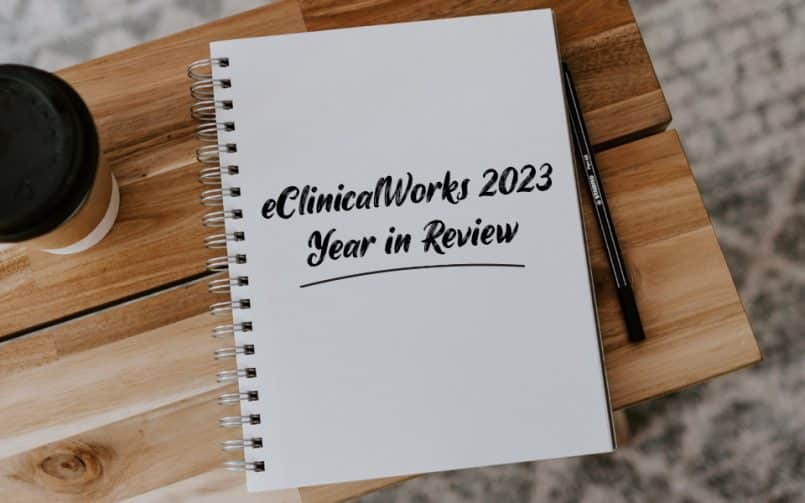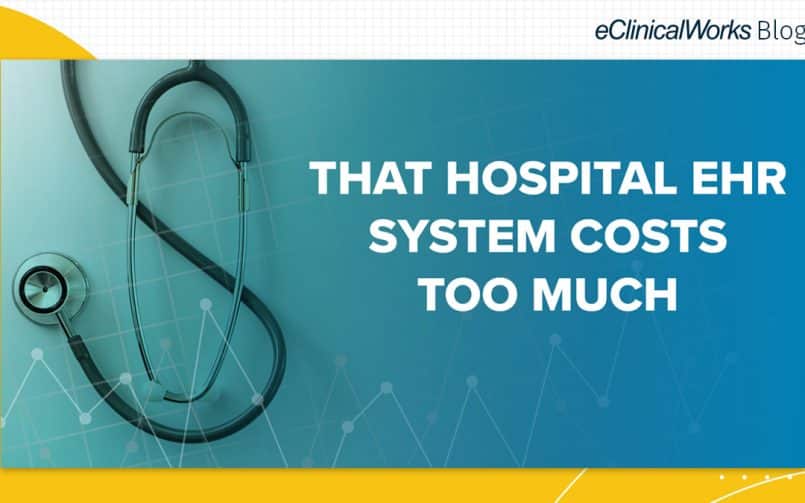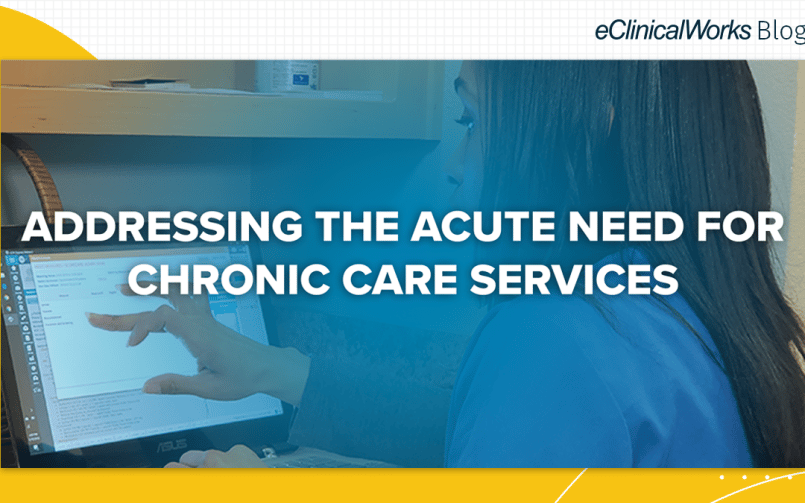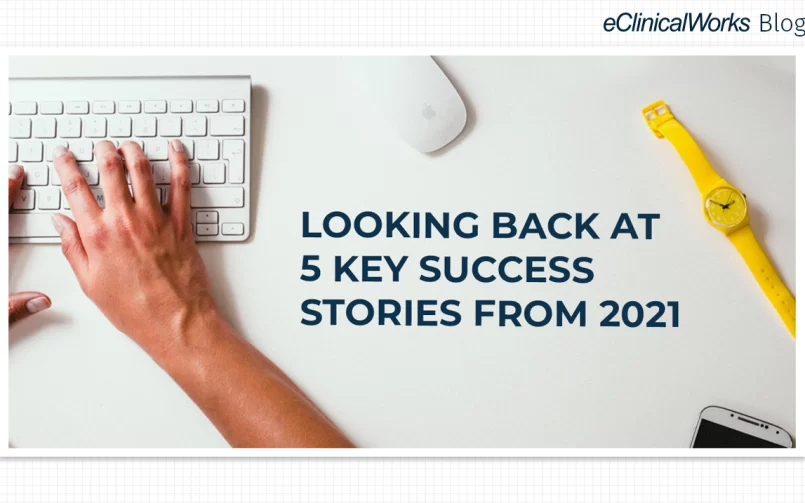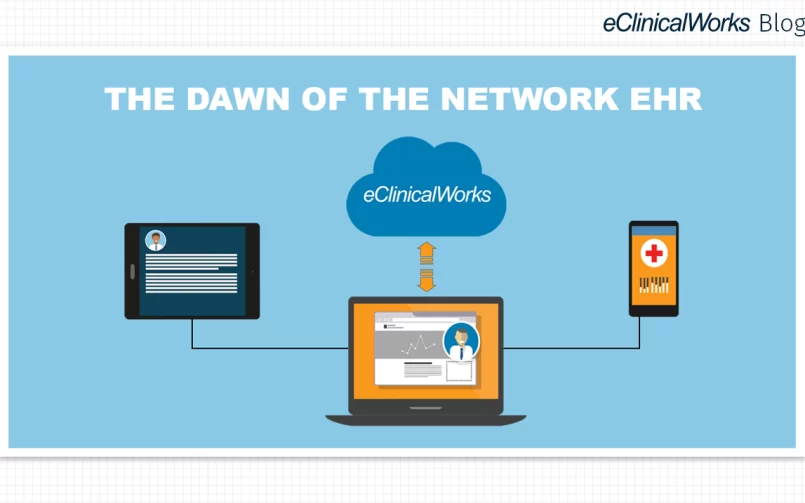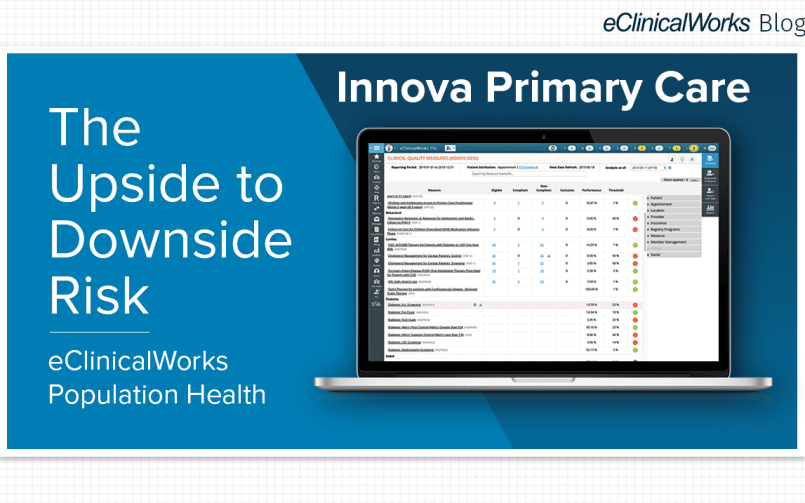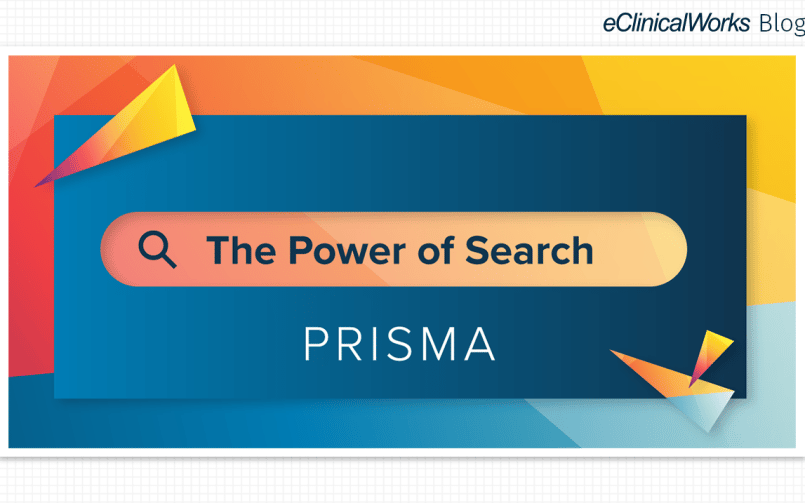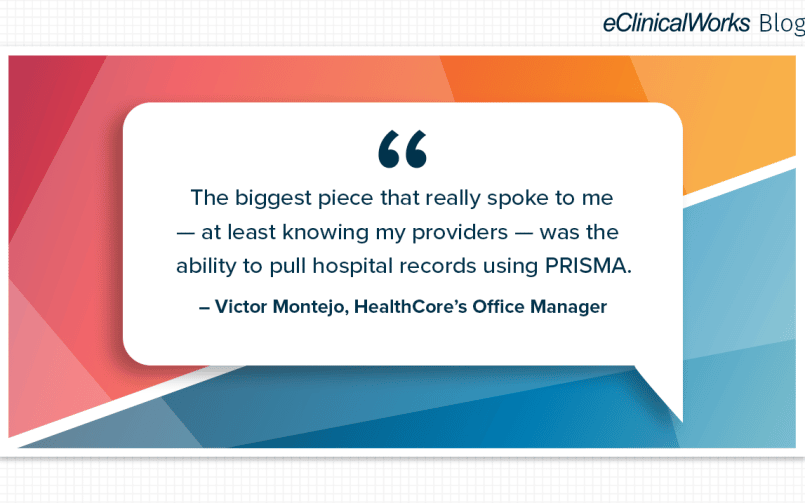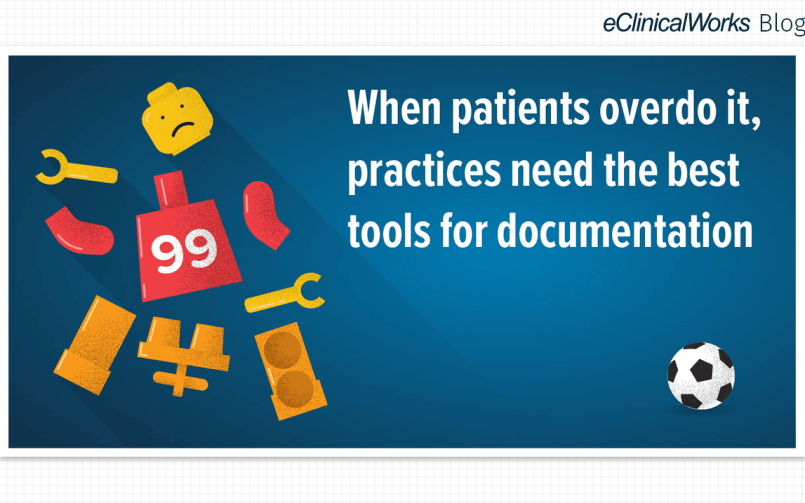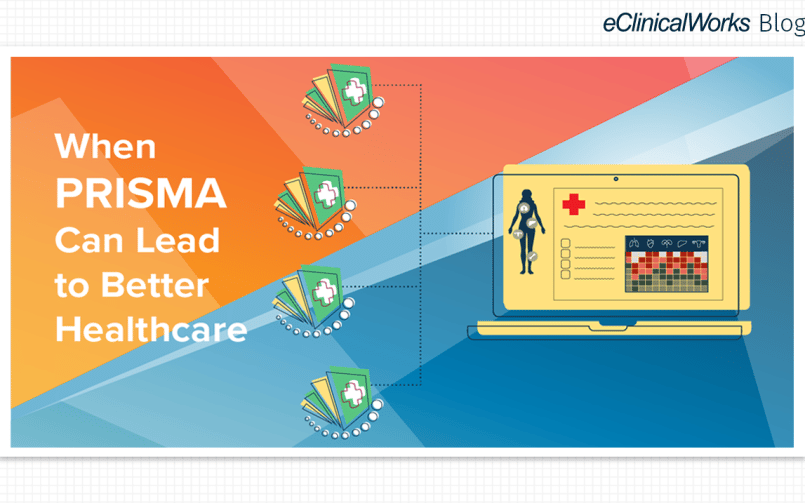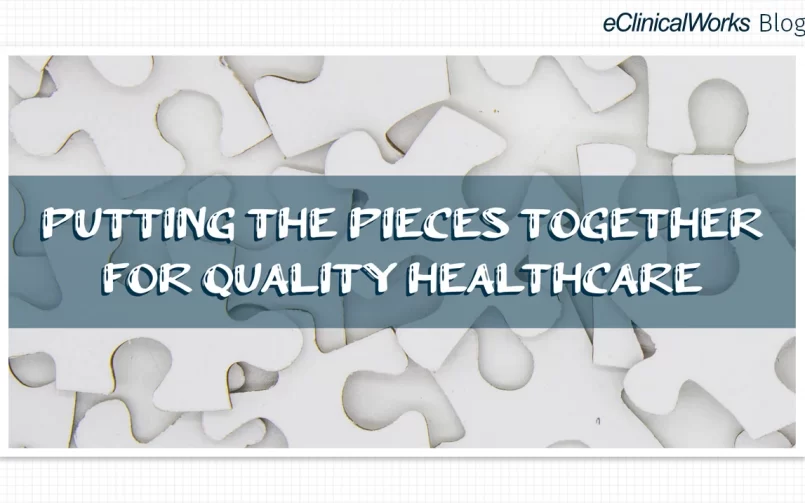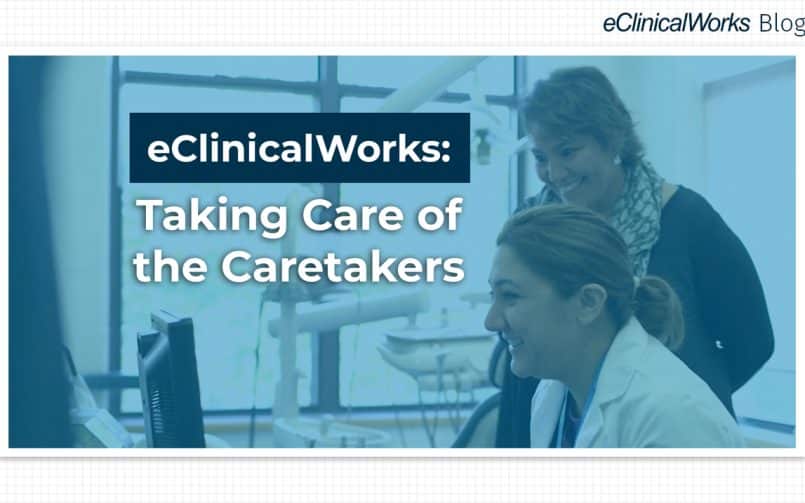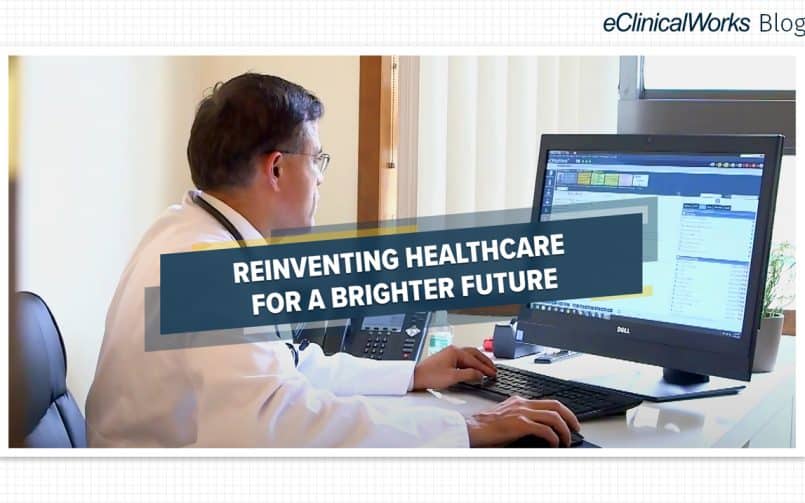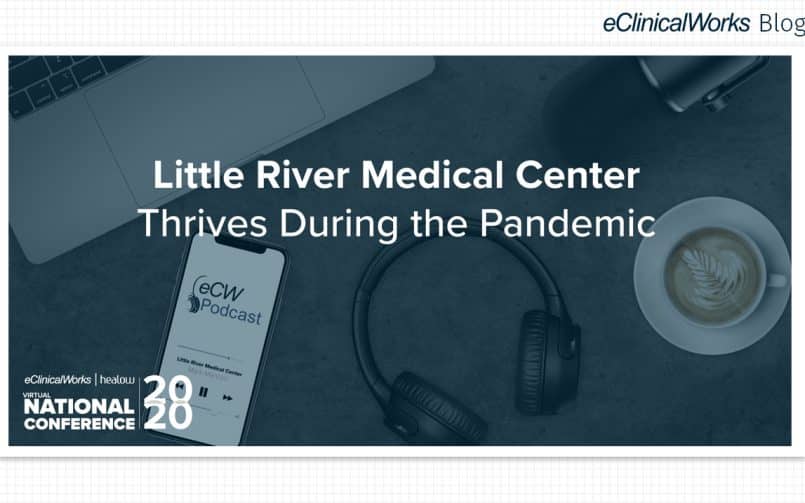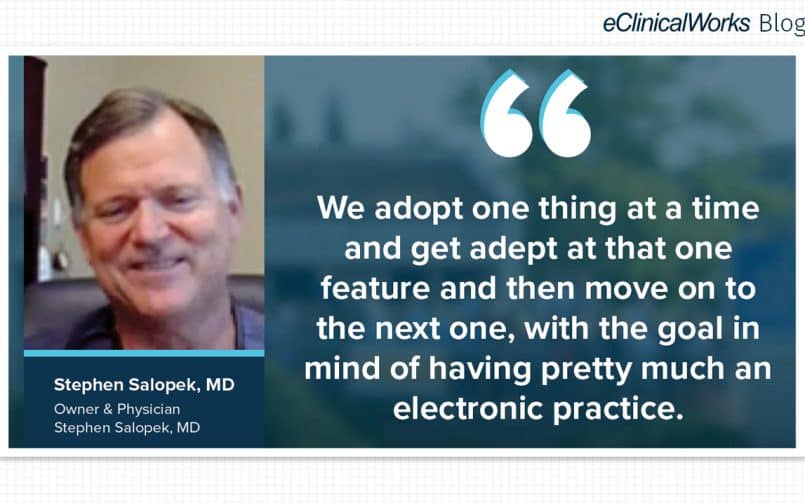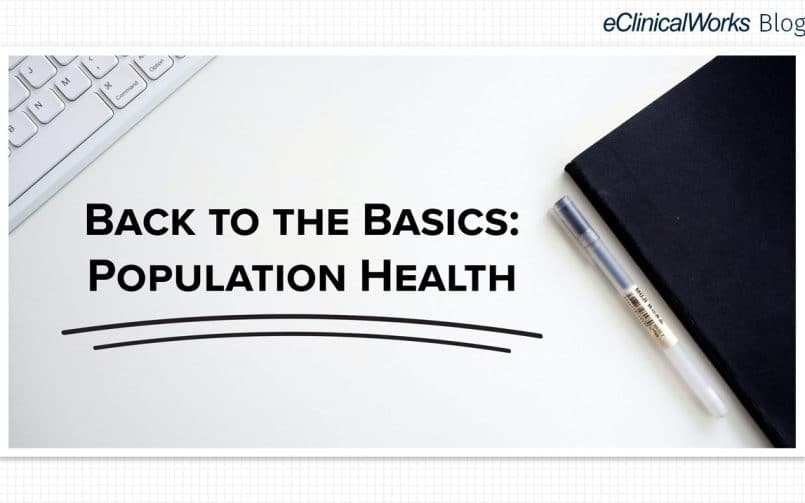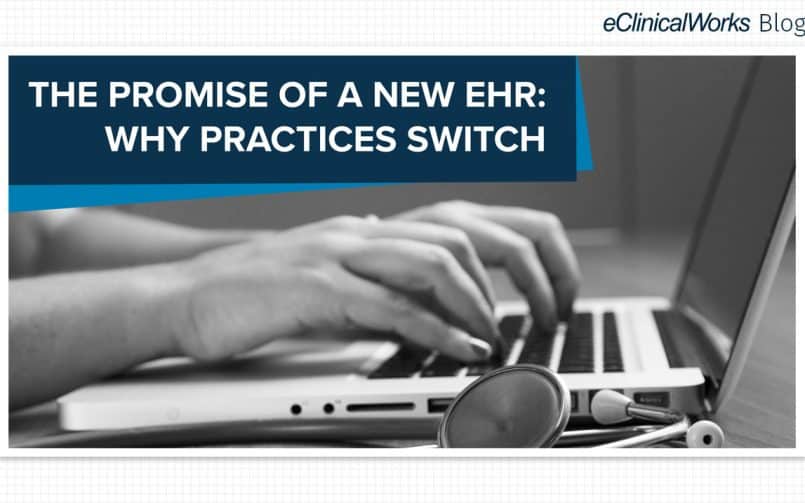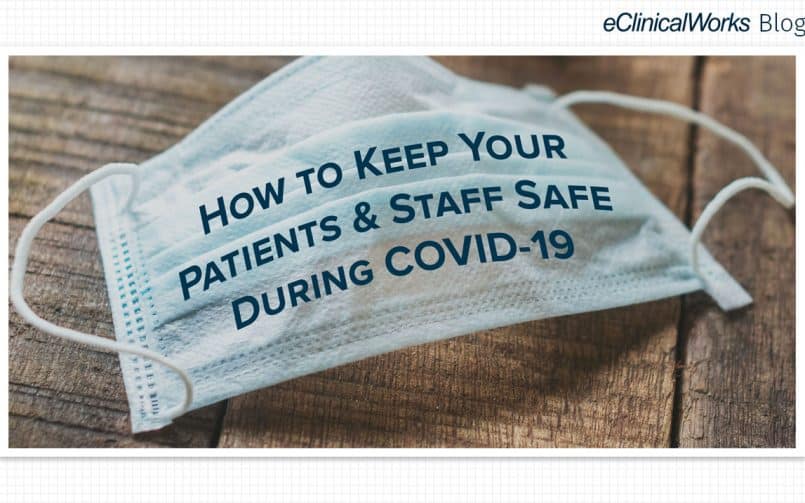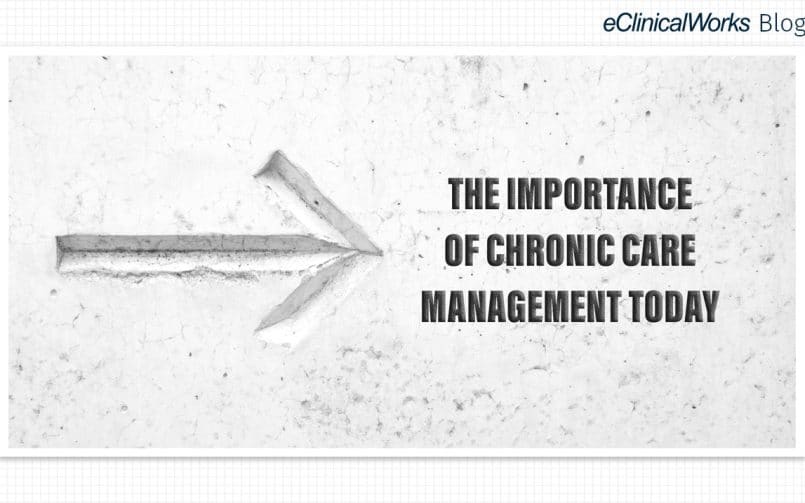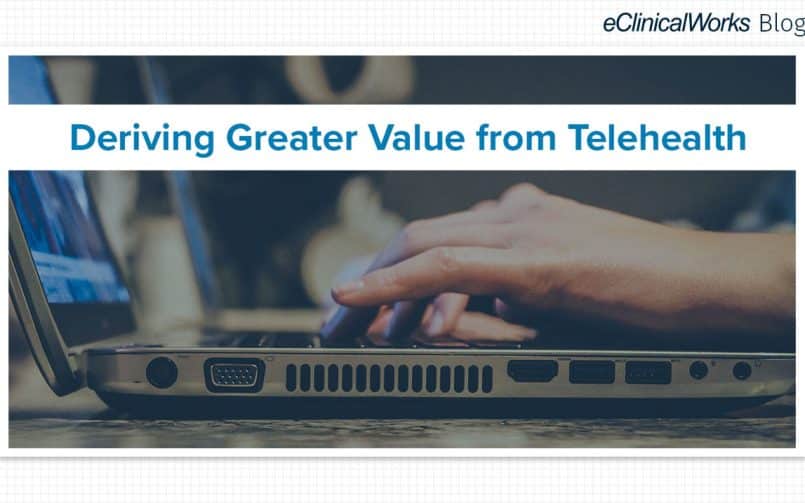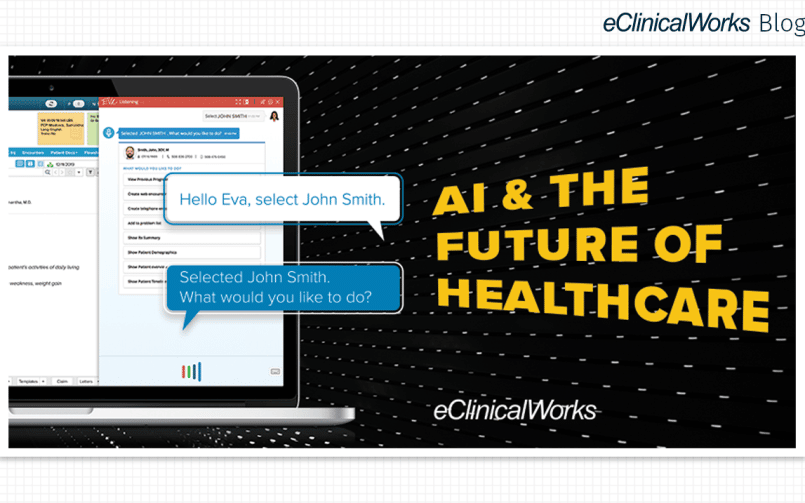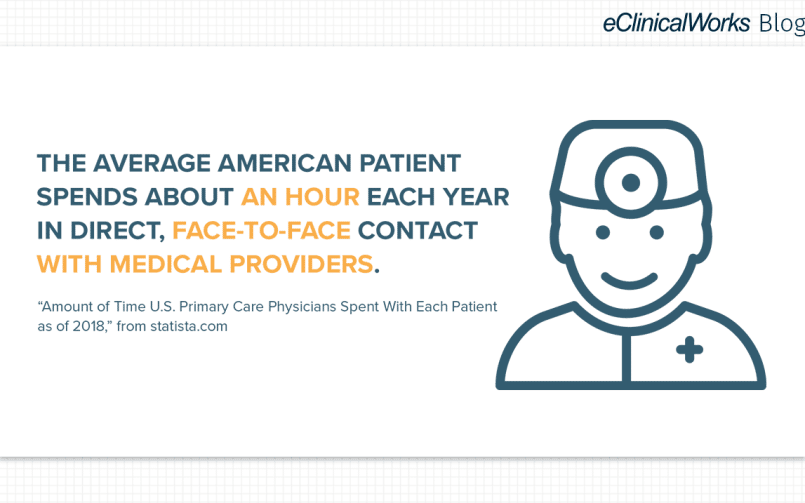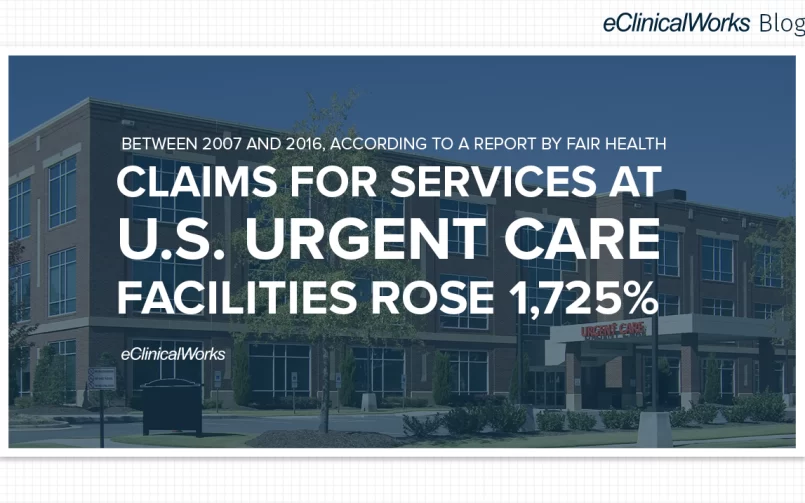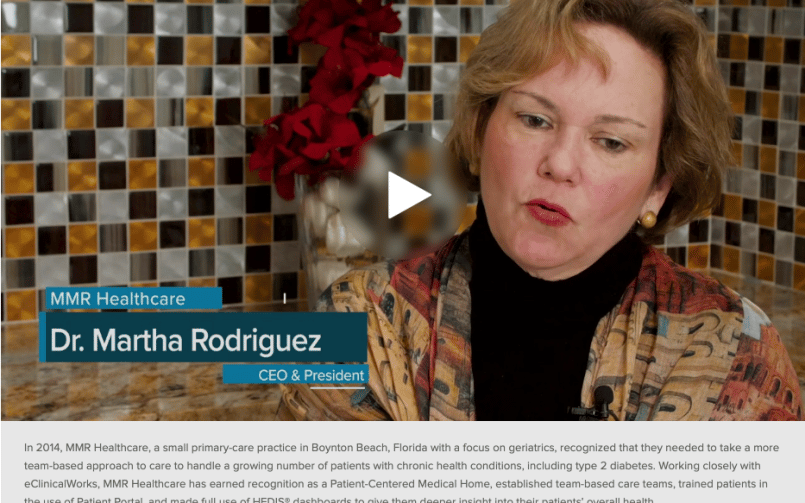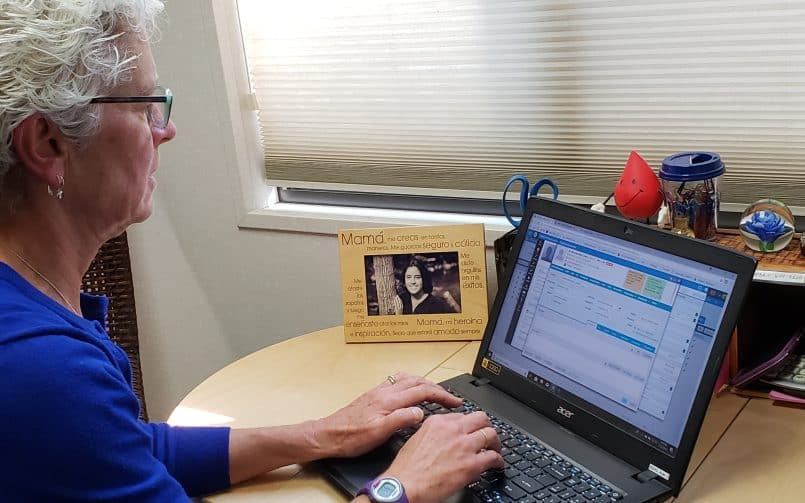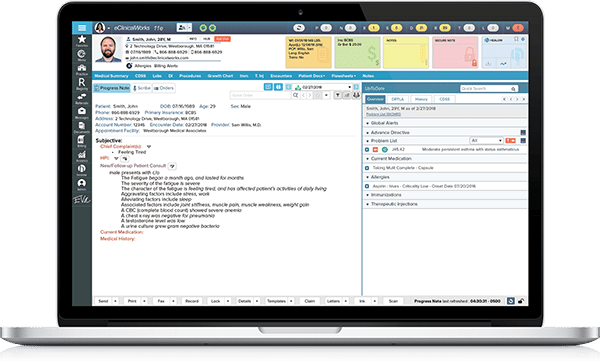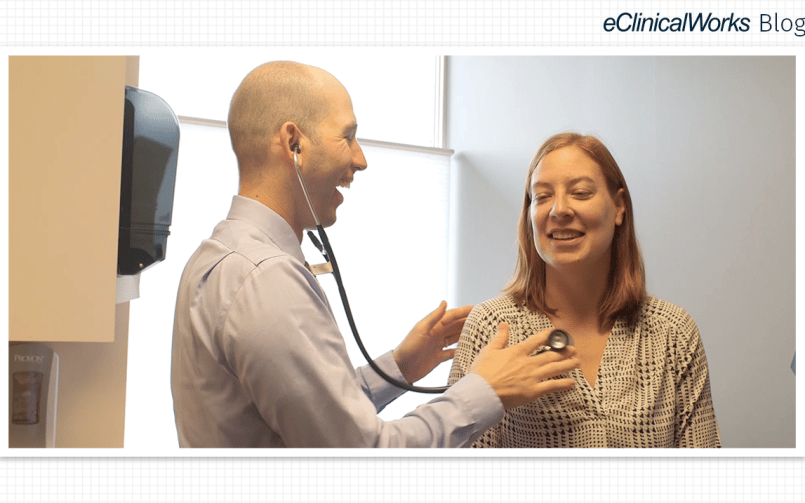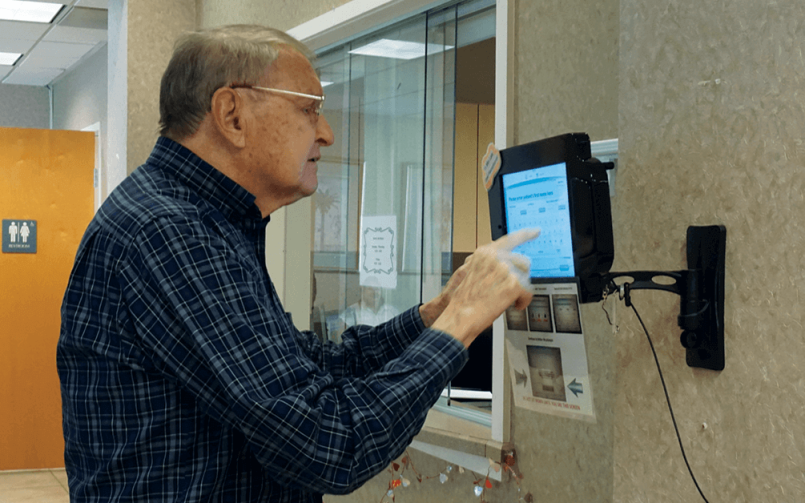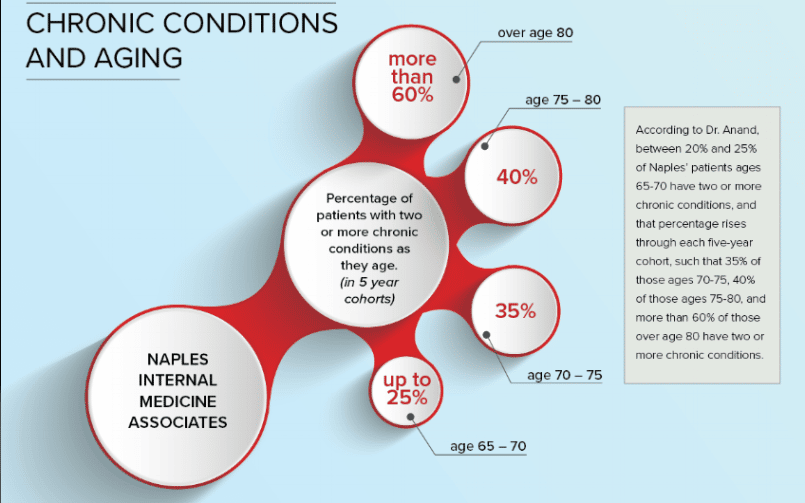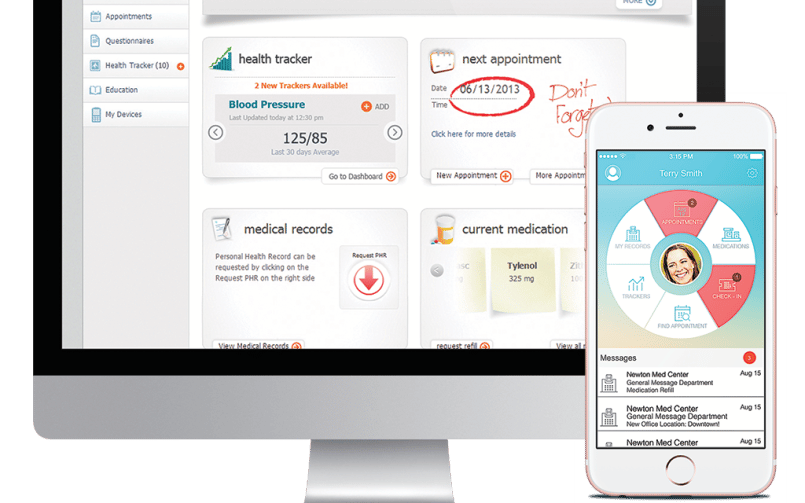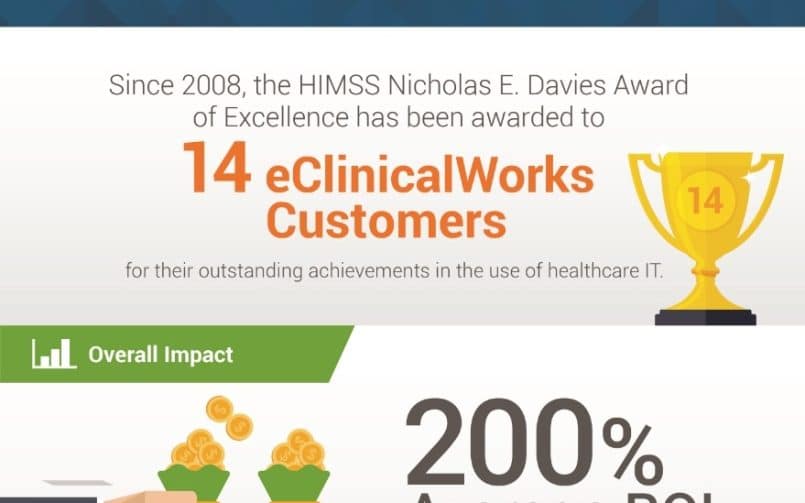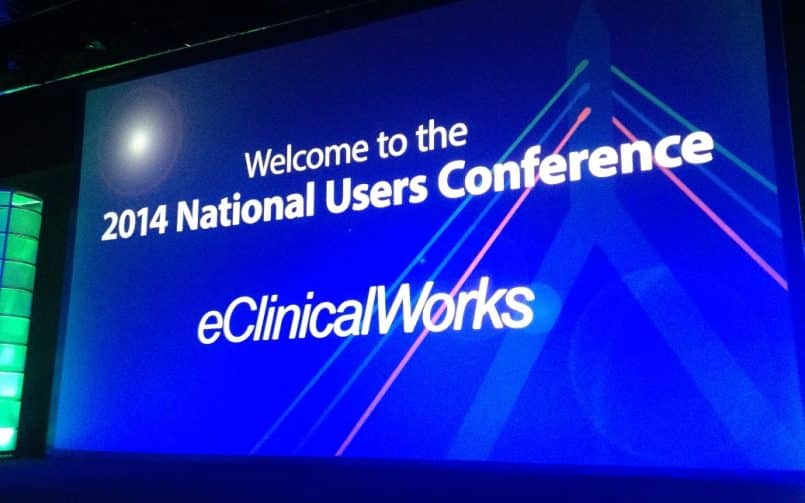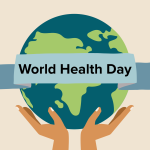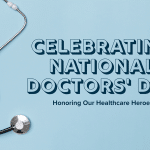Brown Clinic: Superusers Building Value
- 21 August 2017
- Blog
eClinicalWorks
Great Work on the Great Plains
They say that in business, as in life, you can’t do everything. You can’t have it all. But sometimes, just trying works out pretty well. That’s the case at Brown Clinic in Watertown, South Dakota, where staff have demonstrated that being a relatively small medical practice doesn’t mean you have to limit what you offer — or the healthcare IT expertise you can develop.
Here, from two locations in a city of 22,000 people on the Big Sioux River, Brown Clinic’s more than two dozen providers and 100+ support staff provide efficient, comprehensive, and quality care to more than 100,000 residents from Watertown and surrounding communities.
Brown Clinic was founded by Dr. H. Russell Brown in 1935, in the midst of the Great Depression, during a time of declining population in South Dakota, and against long odds.
Time has vindicated Dr. Brown’s vision.
Brown Clinic has grown to have 19 physicians and seven non-physician clinicians, and while primary care remains a major focus, they also offer internal medicine, geriatrics, pediatrics, surgery, obstetrics and gynecology, podiatry, and their own laboratory and radiology services.
The Superuser Difference
To discover what truly sets Brown Clinic apart, however, talk to Steve Kurban, director of Revenue Cycle and Information Management, and his colleague, Jen Davis. Kurban and Davis are “superusers” in the world of healthcare IT, employees whose knowledge of the EHR isn’t limited to the clinical or technical side, but includes pretty much everything.
Together, Kurban and Davis bridge the gap between the IT and clinical sides of the practice.
After transitioning to the eClinicalWorks EHR, Brown Clinic recognized their best strategy was to embrace all the tools available to them.
“We chose to just jump in and do the whole thing,” Kurban said, adding that one can never predict what part of the EHR may prove to be useful to someone at the practice. “If there’s a module, we pretty much have it turned on.”
“You can’t know just one little piece of how the facility works,” Davis added. “You have to know how it’s going to interact with the different pieces of the software. You also have to know a little bit about the medical side and a little bit about billing in order to make it all work together.”

So Why All That Versatility?
Brown Clinic didn’t set out to develop a high level of healthcare IT expertise for its own sake. Rather, the providers recognized that having in-house knowledge would make it easier to achieve clinical and administrative goals.
Today, focusing exclusively on medicine isn’t an option, as much as providers may wish it. Practices face greater reporting and compliance requirements than in the past, and need tools to meet those challenges without drawing too many resources and hours away from their primary goals of quality care and patient safety.
Having eClinicalWorks as a partner has enabled Brown Clinic to achieve a series of important goals beyond more efficient workflows and other office efficiencies.
Three years ago, after a year of work — and even amidst a change in the standards they were seeking to meet — Brown Clinic achieved PCMH Level 3 recognition in accordance with the 2014 standards from the National Council for Quality Assurance.
Then, in 2015, Brown Clinic embraced the then newly introduced Chronic Care Management program from the Centers for Medicare & Medicaid Services. Practitioners tackled the challenges and opportunities of CCM with confidence because they had built up a wealth of reporting experience through their participation in the South Dakota Medicaid Health Home Program.
Joining an ACO, Seeking Innovations
Most recently, in 2016, the clinic’s leadership responded to the shift toward value-based reimbursement models by deciding to join AccoCare, a physician-led ACO based in Sioux Falls.
Again, the experience and preparation derived from being healthcare IT superusers — along with a strong, ongoing partnership with eClinicalWorks — helped Brown Clinic succeed in this latest endeavor.
“Prior to the ACO, we used eClinicalWorks for PQRS reporting and Meaningful Use reporting,” Kurban said, “and so we were very comfortable with mining data out of the system to meet requirements.”
“PCMH certification had brought about a process mindset to documentation, and some standardization,” Kurban added. “All of those pieces come together nicely when it comes to rolling out the ACO. So it was comfortable for us. We’re now in our second year. We have to demonstrate some savings, but I’m confident that we’re going to do that.”
In Search of Continual Improvement
Brown Clinic’s experience underscores the value of preparation and cooperation. Kurban said colleagues in South Dakota and beyond have taken notice of what local governance and IT expertise can produce, and plan to come together soon to create an eClinicalWorks users group for regular meetings and knowledge-sharing.
Through all that they do with technology, Brown Clinic’s physicians and staff keep flexibility uppermost in mind. If there’s a better approach, a better solution, a better way of thinking about a problem, they’re on it. Kurban said there is a feeling that there is no problem too difficult to solve.
“If we don’t know how we can do it today, between us and eClinicalWorks, we’re going to figure out how we are going to make that work,” he said. “It’s been a win-win for both Brown Clinic and eClinicalWorks, but more importantly for our patients.
Lots has changed since 1935, in healthcare, in South Dakota, and across the nation. But the can-do spirit and adaptability on display at Brown Clinic today has never gone out of style — and will be more important than ever in the years ahead.
“Working in a rural community, we try to have a family doctor-type atmosphere,” Kurban said. “We provide patients the care they need, and we believe that we do a great job, but we’re continually trying to improve that. What are the things that we can do? How can we make what we do better? Because in today’s world, people have choices.”





